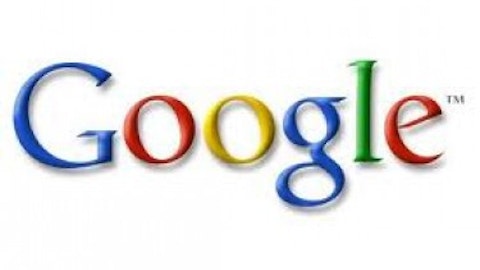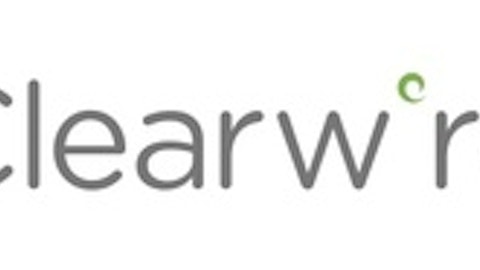Barnes & Noble, Inc. (NYSE:BKS) recently announced a new partnership with Google Inc (NASDAQ:GOOG) that will effectively catapult its Nook tablet from an e-reader to full-function tablet. Despite running on the Android platform, the Nook has been limited in its functionality as B&N struggled to maintain the distinction between its e-reader and the broader tablet market. In the company’s second partnership venture to try and save its Nook business — the first was a partnership with Microsoft Corporation (NASDAQ:MSFT) — the Nook will now incorporate the full suite of Google applications, including Chrome, Gmail, and the Google Inc (NASDAQ:GOOG) Play store. Given the current state of the tablet market, the move has the potential to work, but you may want to reserve judgment until the first round of numbers is released.
Is the e-reader really dead?
While both the Nook and the Amazon.com, Inc. (NASDAQ:AMZN) Kindle Fire series run on the Android platform, the Kindle will become the only “pure” e-reader left on the market. Both e-readers had defended their respective storefronts that operated outside of the broader Google Inc (NASDAQ:GOOG) family. Each thought that by piggybacking on the Android OS, but running an independent environment, they could better control content revenue and build a successful business model.

Where does this leave Microsoft?
In an effort to push Nook sales, B&N sold a stake to Microsoft Corporation (NASDAQ:MSFT). The attempt was made to promote the device through the Windows 8 OS, but Nook sales still fell though the 2012 holiday season. The Google Inc (NASDAQ:GOOG) deal represents the newest attempt at creating the same type of catalyst.
The strange byproduct of these swirling partnerships is that Microsoft now owns an interest in a device that directly competes with its own Windows 8 tablets. On the one hand, the Nook is a small, low-priced entertainment device, where the Microsoft Corporation (NASDAQ:MSFT) Surface and other Windows tablets are directed at productivity and are only currently available in 10-inch varieties. On the other hand, Microsoft is competing with itself in a very real way. How this dynamic is addressed — if it is — may actually be telling of Microsoft’s view of the tablet market in general.
Who wins from the deal?
While B&N has the chance to see an important part of its business survive, the real winner is Google Inc (NASDAQ:GOOG). The message that the Nook’s surrender sends to the broader market — at least in the U.S. — is that competing with Android while relying on Android is not a winning strategy. Google has come under some scrutiny of late as more and more Android device makers build infrastructure on and around the OS without really including it. This effectively limits Google’s ability to capitalize from Android on those devices.
The Nook’s capitulation to the full Android experience is some evidence that Google Inc (NASDAQ:GOOG) is still building the better mouse trap and is not to be overlooked. Ultimately, the Nook is entering a crowded landscape looking to survive before it can thrive. As such, it is too early to pile on the B&N bandwagon. The move is a win for Google and just the latest reason why the stock belongs in every portfolio.
The article Death of the E-Reader: Google Celebrates a Win originally appeared on Fool.com.
Fool contributor Doug Ehrman has no position in any stocks mentioned. The Motley Fool recommends Amazon.com and Google. The Motley Fool owns shares of Amazon.com, Google, and Microsoft..
Copyright © 1995 – 2013 The Motley Fool, LLC. All rights reserved. The Motley Fool has a disclosure policy.


